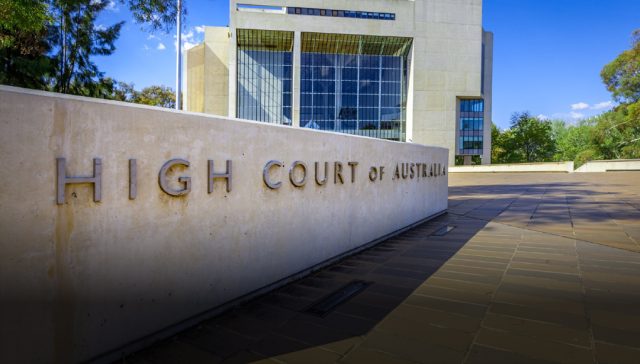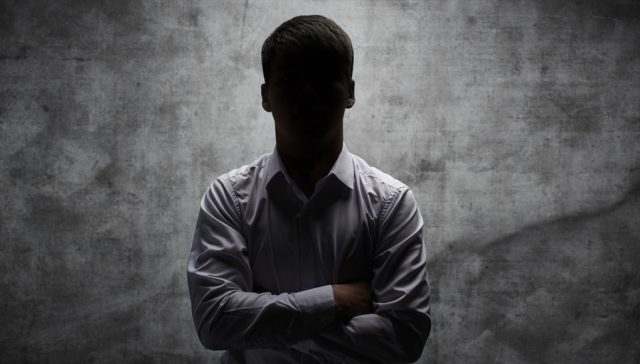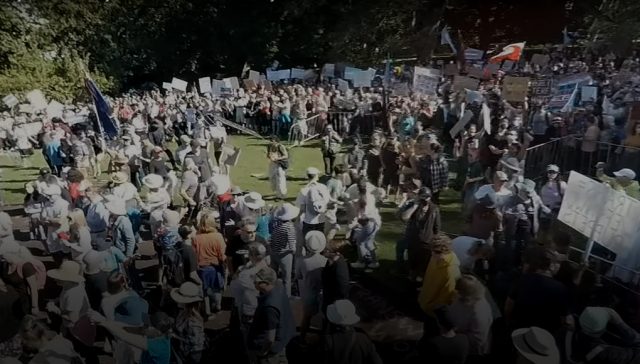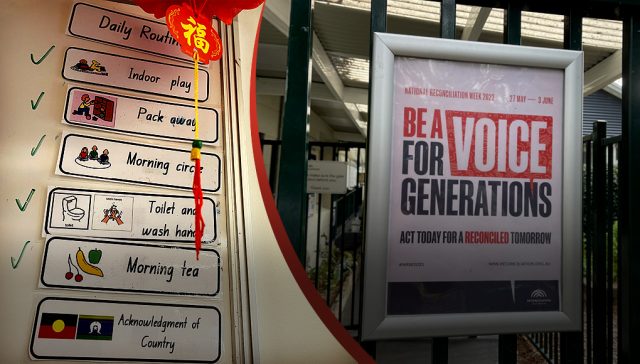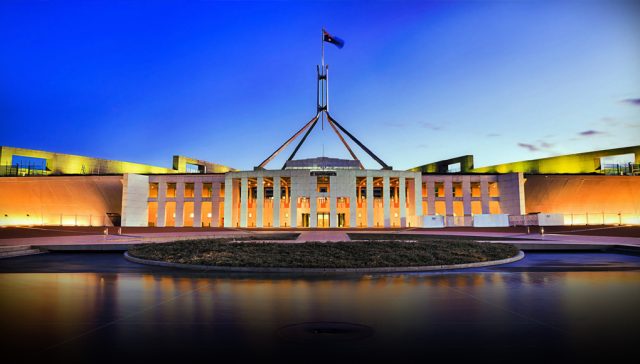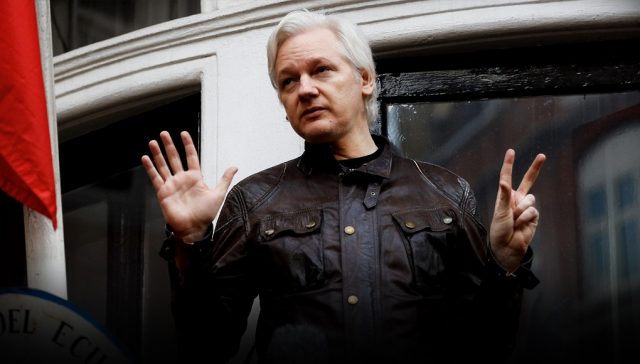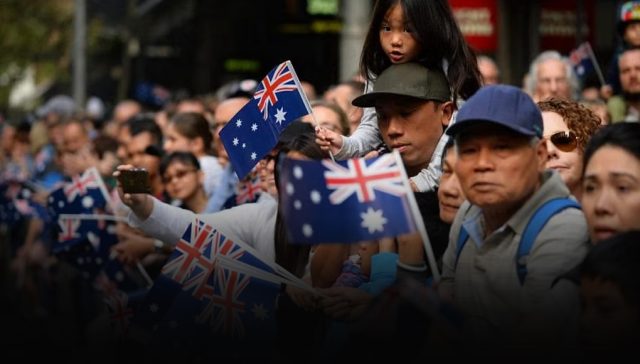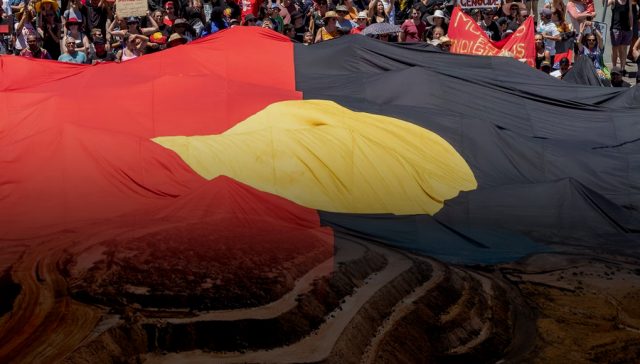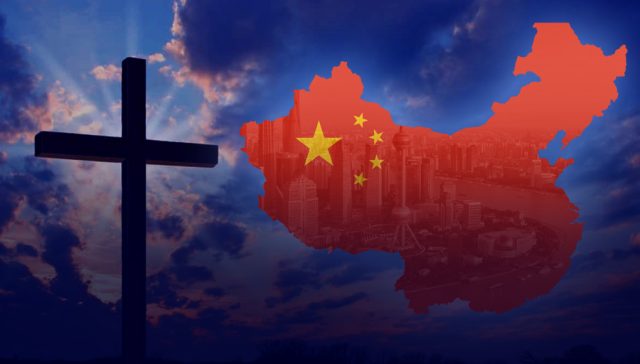The Rule of Law is Being Ignored by Conservatives
The High Court recently ruled that:
– if immigration detention is not a practical step towards a person being removed from the country, the detention amounts to punishment, and
– governments can only mete out punishment if they are sentencing someone for a crime.
This ruling led to the release of around 140 people who were in immigration detention but not on a path to removal from the country.
Both the ruling and the release were positive developments.
The people in question could not be lawfully removed from Australia because Australian law:
– requires another country to take them, and there was no country willing to do so,
– deems them to be subject to persecution overseas and hence deserving of protection here, or
– deems them to be physically or mentally unfit for removal.
These laws are decent and should remain.
Some of the people in question have committed no crime. There is no justification for indefinitely detaining people like this, just as there is no justification for detaining citizens who are non-criminals.
The hysteria surrounding immigration detention is part of a long line of unfounded crime wave fears stoked by conservative politicians.
Some of the people in question have committed crimes, but all of them have completed the sentences handed down for those crimes. There is no justification for continuing to detain people who have completed their sentences.
If you are found guilty of a crime, you are sentenced by a court that has all the evidence before it. Years later, a panel or tribunal considering post-sentence punishment will be inherently less informed about your crime than the original court, and may end up punishing you for things you are yet to do and may not do. The injustice of this is exacerbated if post-sentence punishments were not part of the law when you committed the crime.
In Western civilisation, a certain amount of surveillance and the availability of preliminary offences like conspiracy, aiding-and-abetting, and attempt, are balanced responses to the prospect of future crime. Preventative detention, continuing detention, curfews, and ankle bracelets are not.
The High Court ruling and the subsequent release of people from detention are in line with the rule of law, decency, justice, and the tradition of Western civilisation. Despite this, conservative politicians have suggested the ruling and release were bad outcomes.

Liberal National politicians have suggested that the Labor Government should have maintained its long-standing lie to the courts that the people in question were on a path to removal from the country.
These politicians have called for public reporting on the location of people who have been released from immigration detention (without corresponding calls relating to citizens released from prisons).
They have also claimed that, under Labor, Australian women are at risk of being assaulted by foreign criminals.
That said, Labor’s approach has been far from enlightened. Labor argued against, and has since opposed, the High Court ruling. Labor has also punished and imposed constraints on the people released from detention without doing anything similar to citizens with the same criminal history (or absence thereof).
Crime more generally
The hysteria surrounding immigration detention is part of a long line of unfounded crime wave fears stoked by conservative politicians.
The High Court ruling and the subsequent release of people from detention are in line with the rule of law, decency, justice, and the tradition of Western civilisation.
The Liberal National Coalition has recently proposed that those who make social media posts depicting violence, drug offences, or property offences be hit with up to two years’ imprisonment plus a ban from social media.
Conservative politicians regularly call for less bail, so that people are locked up despite not being convicted of a crime. They cite re-offending as a reason for more incarceration, when re-offending can just as readily serve as evidence of the failure of incarceration. They also justify calls for more police, based on claims that crime is out of control.
As it happens, crime rates in Australia are low and falling.
3.1 per cent of people older than 14 were victims of physical assault in 2008-09. In 2022-23 it was 1.7 per cent.
Over the same period, the rate for robbery went from 0.6 per cent to 0.2 per cent.
3.3 per cent of households were victims of break-ins in 2008-09. In 2022-23 it was 1.8 per cent.
Over the same period, the rate for malicious property damage went from 11 per cent to 3.7 per cent.
Regarding youth crime, in 2008-09 the rate of offending by those aged 10 to 17 was 3,186.8 per 100,000. In 2022-23 it was 1,847.3 per 100,000.
And with crime by people born overseas, such people make up 30 per cent of the population but only 17 per cent of the prison population.
It is incumbent upon those who are liberally-minded to oppose arbitrary detention and punishment, fanciful claims of crime waves, and the conservatives who perpetuate such madness.

Duncan Spender is CEO of Oysters Tasmania, having previously served as CEO of the Multicultural Council of Tasmania. He advised Senator David Leyonhjelm from 2014 and briefly served as Senator in 2019. Duncan’s early career was in local government and the Australian and New Zealand Treasury Departments.





